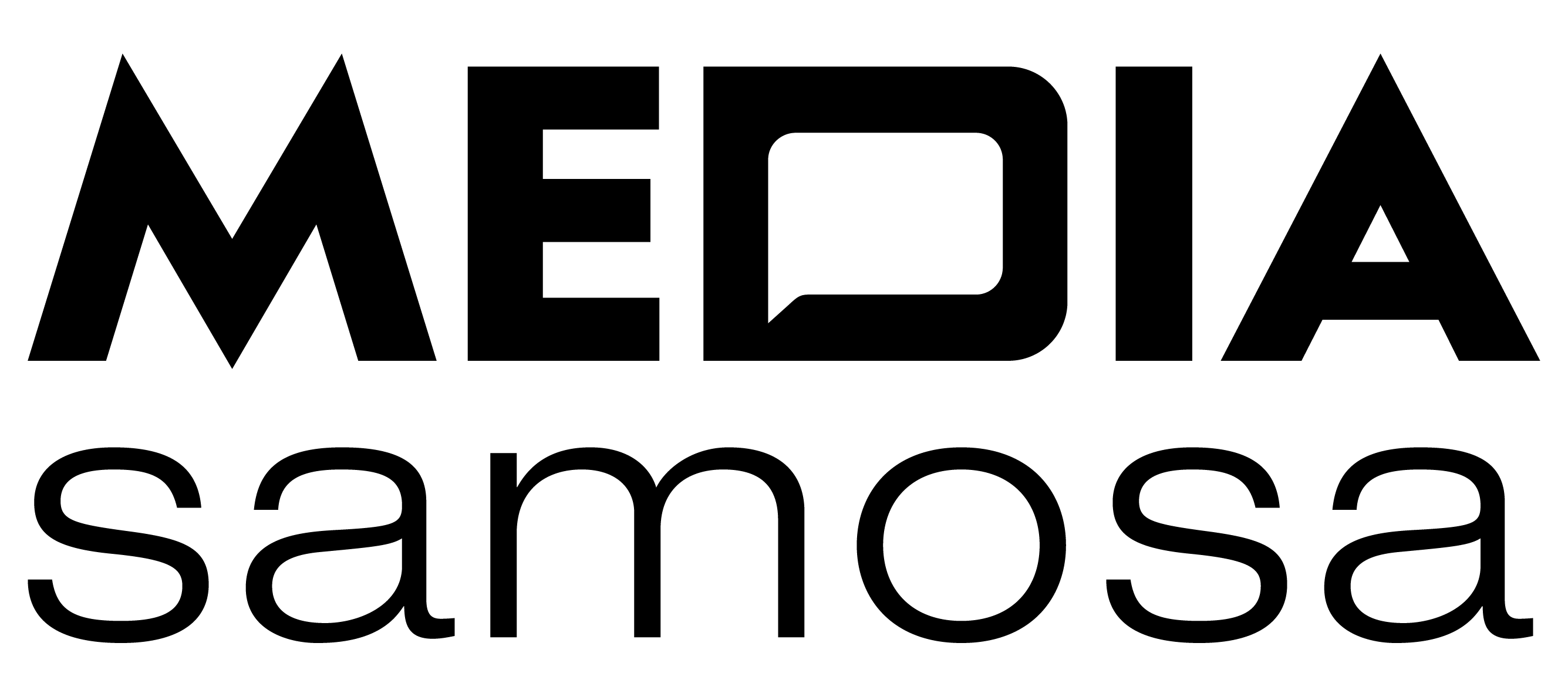In a recent development, the Indian Parliament passed the Consumer Protection Bill, 2019, replacing the Consumer Protection Bill, 1968. The new bill has the flourishing e-commerce industry & consumers at heart. The act has also widened the definition of Unfair Trade Practices and introduced the concept of Product Liability.
Media Samosa gets in conversation with Rohit Gupta, Chairman, ASCI understanding how the A & M industry needs to evolve to function in line with the Act. In 2019-20, ASCI looked into over 7,500 complaints; over 90% of the ads were misleading. Gupta sheds light on the changing Advertising dynamics & how the 35 year old self regulatory body aims to adapt its rules & processes to the new Act.
Edited Excerpts:
How do you plan to update processes in terms of finding misleading ads in line with the Consumer Protection Act 2019?
On our part, we hope to forge a meaningful partnership with the Central Consumer Protection Authority – just as we had, through a MoU, with the Department of Consumer Affairs. Our Grievances Against Misleading Advertisements joint initiative yielded great results – testimony to what such cooperation can achieve.
A carefully-instituted independent Consumer Complaints Council deliberates over the complaints. We also call upon technical experts, and engage with retired High Court and Supreme Court judges. Our high compliance is proof of our credibility and engaging with
ASCI will only complement the government’s efforts. We’re looking for something akin to a public-private partnership so that all stakeholders are involved and there is a clear code on advertising content. We are also instituting a more rigorous monitoring of misleading advertisements that will include digital media in addition to print and television.
Do you think the Consumer Protection Act 2019 covers all the challenges faced by the industry?
The new law was required because the media, marketing and consumer landscapes have changed dramatically. We believe that the Act does a great job of protecting the interests of everyone involved. There is sufficient deterrence for rogue marketers. As the landscape evolves further, especially in the post-coronavirus context, maybe new requirements will come up. They can be addressed then.
Also Read: Interview: TV occupies 80% of our marketing mix says, Venkatesh Parthasarathy, Lotte India
How will the Act impact brands and agencies in terms of campaign creation?
The law is strict on misinformation, and rightly so. For example, there are provisions for jail terms and fines for manufacturers in case of misleading advertisements. While celebrities can’t be jailed, they can be banned for endorsing products if the communication is misleading. The law deals also with product liability.
All this places a tremendous responsibility on the shoulders of agencies. Careful due diligence will be needed for the communication they craft for their clients to ensure that no guidelines are being violated. While this may mean more work at the back end, it’s a good thing because it will raise standards and will be beneficial for consumers. Brands need to ensure that they can back their claims with relevant data and agencies need to follow the ASCI Codes of Self-regulation to ensure that the advertisements do not come under scrutiny.
Which industries, in your opinion, will have to bring about most changes in terms of the way they advertise?
We have identified education, healthcare products and services, and teleshopping as the major industries of concern.
Any tips for brands & agencies in terms of how to comply with the Act?
Brands and agencies should view the law as an opportunity to raise standards and improve processes. It’s a win-win for everyone – brands gain from the higher trust levels and consumers gain by being better informed and protected. As far as compliance is concerned, there is a need to understand the nuances of the law – which the industry will do over the coming days. Most importantly, it needs to be followed in spirit and not just in letter.
Comments
comments
